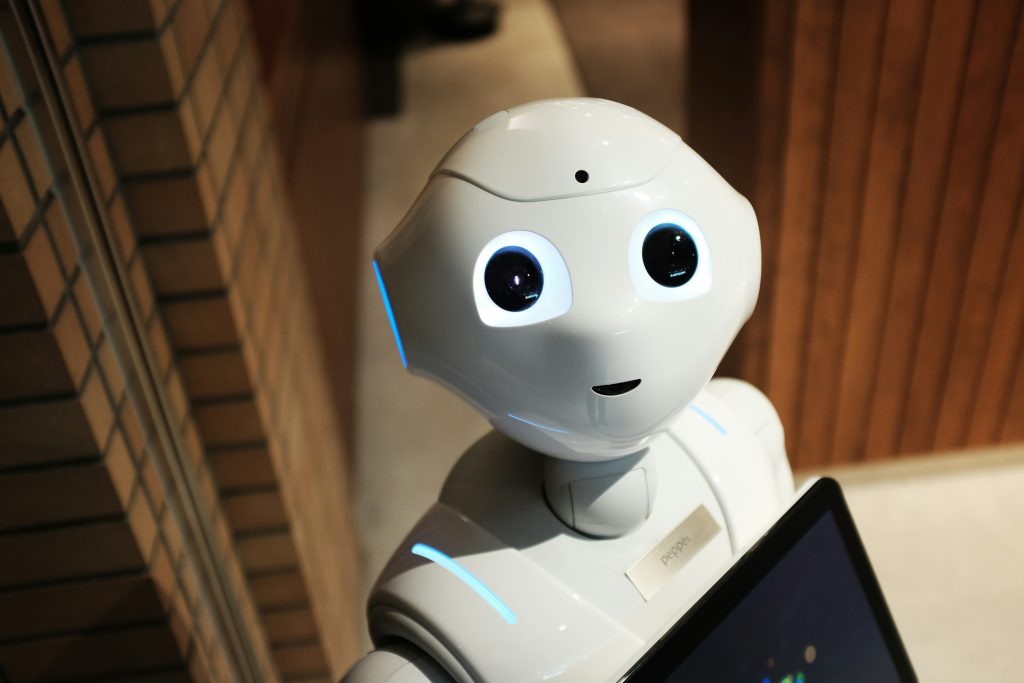Artificial Intelligence is making significant strides in mental health care by providing scalable, 24/7 support systems. AI-powered chatbots like Woebot and Wysa are helping individuals cope with anxiety, depression, and stress through conversation, behavioral exercises, and mood tracking. These virtual therapists are trained in cognitive behavioral therapy (CBT) techniques and provide a non-judgmental space for users to express themselves. The ability to access emotional support instantly and anonymously has made AI tools popular among younger generations and in regions where mental health resources are limited.
However, while these tools are promising, they are not a replacement for human therapists. AI cannot yet offer the nuance, empathy, and clinical judgment that trained professionals bring. Still, it can complement therapy by handling early interventions, follow-ups, or acting as a bridge when human help is unavailable. This post explores the potential and limitations of AI in mental health, focusing on how technology can help bridge gaps in care while emphasizing the importance of ethical development and user safety.



